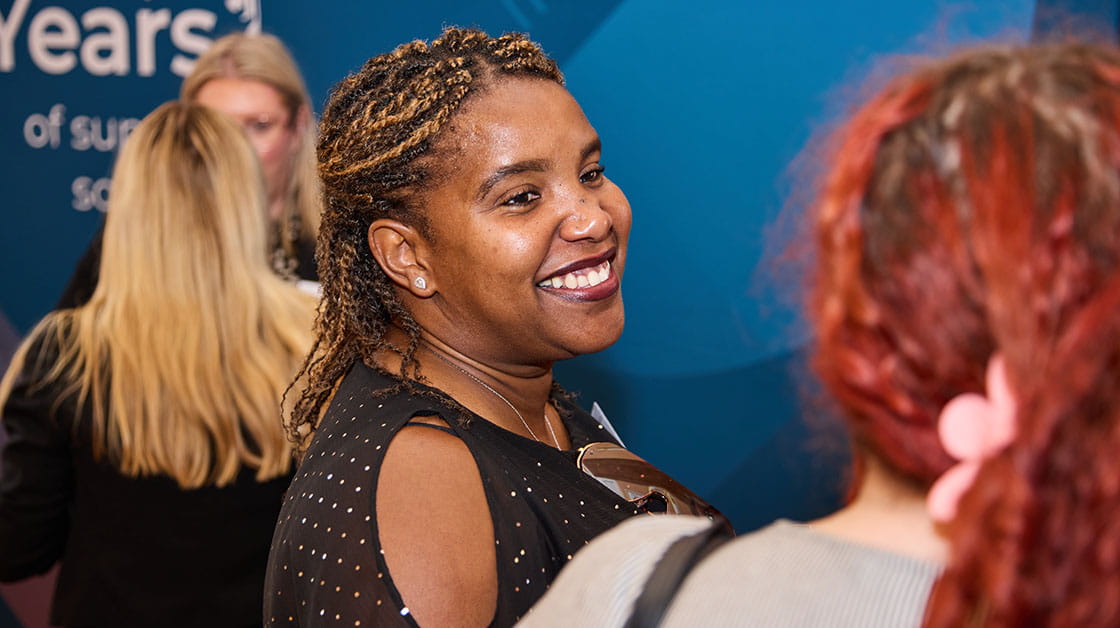Ethnic Solicitors Network
We're committed to promoting inclusion in the legal profession, reflecting the diversity of our society. We provide an opportunity for solicitors from Black, Asian and minority ethnic backgrounds and their allies to have their voice heard, allowing us to represent you effectively.
Resources
All resources
- Becoming a solicitor as a black, Asian and minority ethnic student03 Oct 2024
- Ethnicity pay gap: what you need to know28 Jan 2025
- Inclusion allies04 Dec 2020
- Race and ethnicity inclusivity in the workplace: top tips for retention and progression02 May 2025
- Support to become a judge19 Aug 2025
- Talking about race and ethnicity at work30 Jul 2025
- D&Ictionary03 Oct 2025
The Law Society is the independent professional body for solicitors. Our vision is to promote, protect and support solicitors, the rule of law and justice in England and Wales.
Maximise your membership
My LS gives you access to the latest news, events, books and resources to help you excel within your practice.
